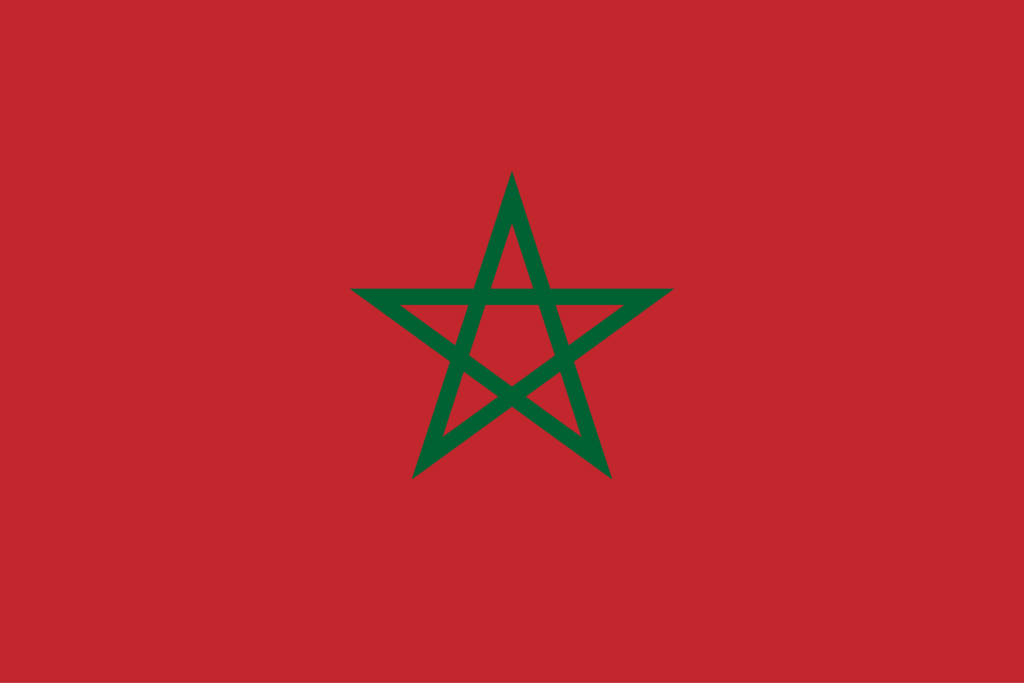The World Bank has approved a loan of $275 million to support disaster risk management in Morocco, the MAP news agency reported on Thursday, December 12, 2019.
The loan aims to help the North African country strengthen its capacity to manage the financial impact of natural disasters and climate-related shocks, it added.
It will also support the reforms designed to strengthen the financial, governance, and operational framework of the Moroccan Solidarity Fund against Catastrophic Events.
The fund is a critical tool which complements private insurance by providing compensation to the uninsured, such as the poor and most vulnerable, the MAP report said.
The World Bank is an international financial institution that provides loans and grants to the governments of low- and middle-income countries to pursue capital projects.
The Bank is the collective name for the International Bank for Reconstruction and Development (IBRD) and International Development Association (IDA), two of five international organizations owned by the World Bank Group.
It was established along with the International Monetary Fund at the 1944 Bretton Woods Conference. After a slow start, its first loan was to France in 1947.
In the 1970s, it focused on loans to developing world countries, shifting away from that mission in the 1980s. For the last 30 years, it has included NGOs and environmental groups in its loan portfolio.
The World Bank loan strategy is influenced by the United Nations’ Sustainable Development Goals, as well as environmental and social safeguards.

